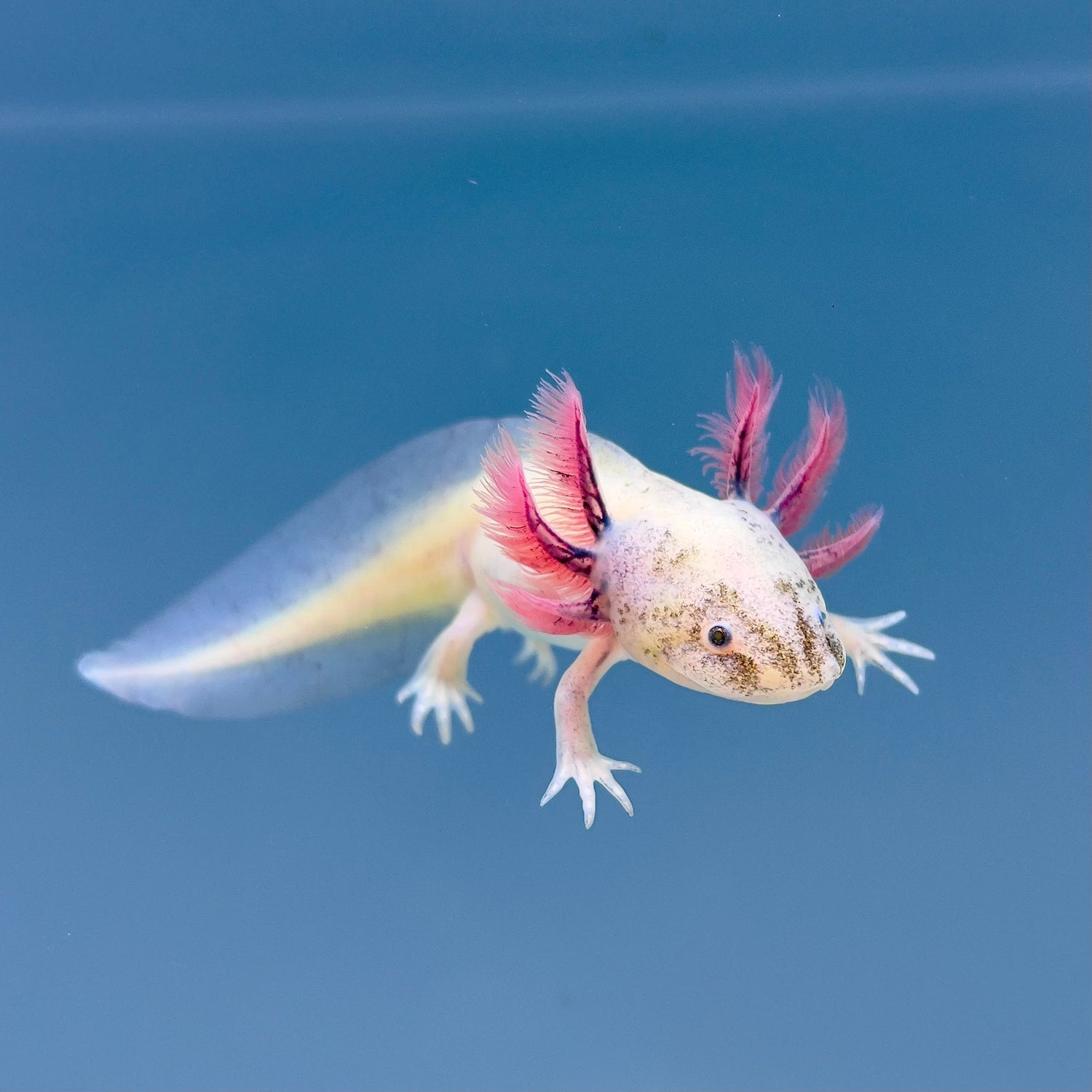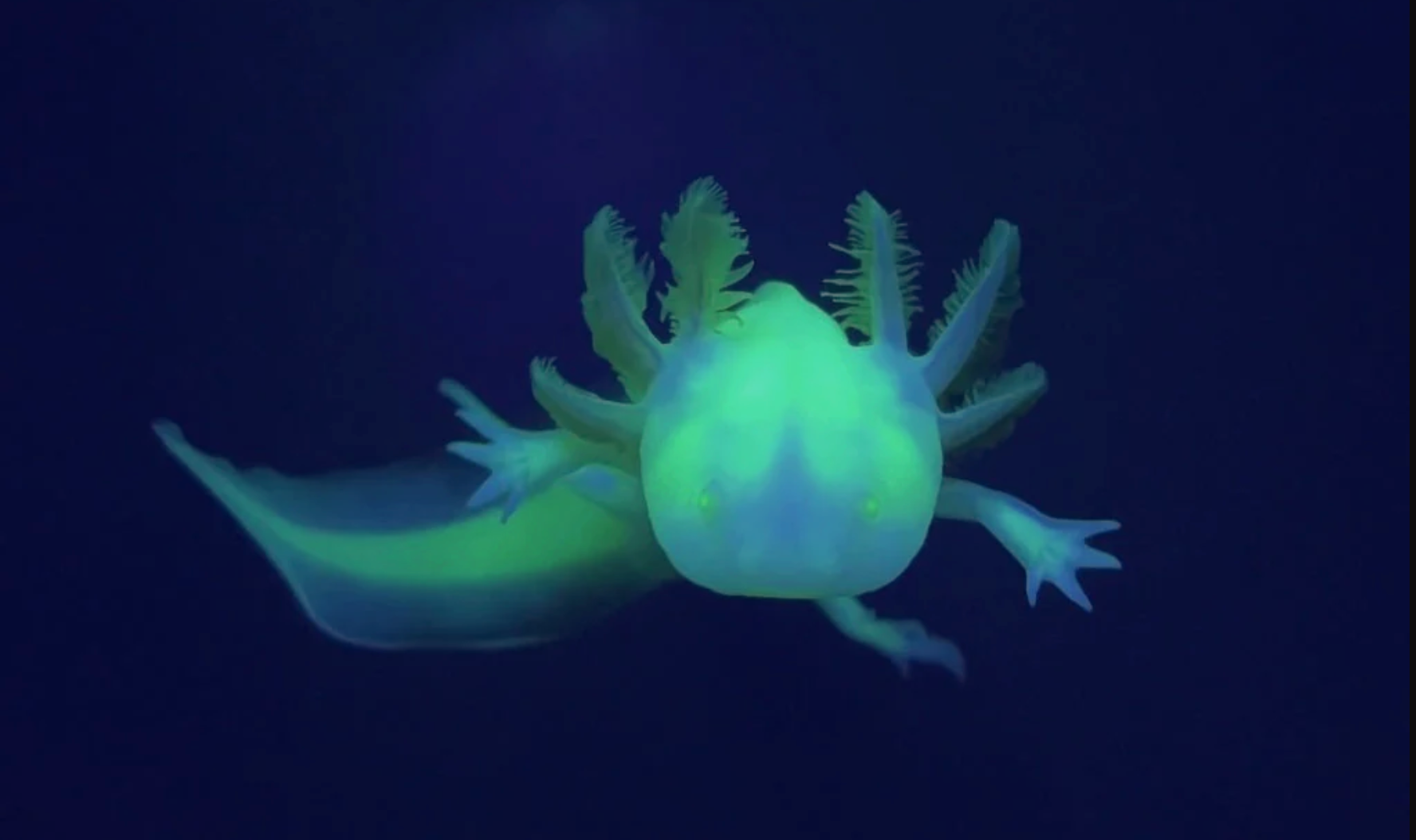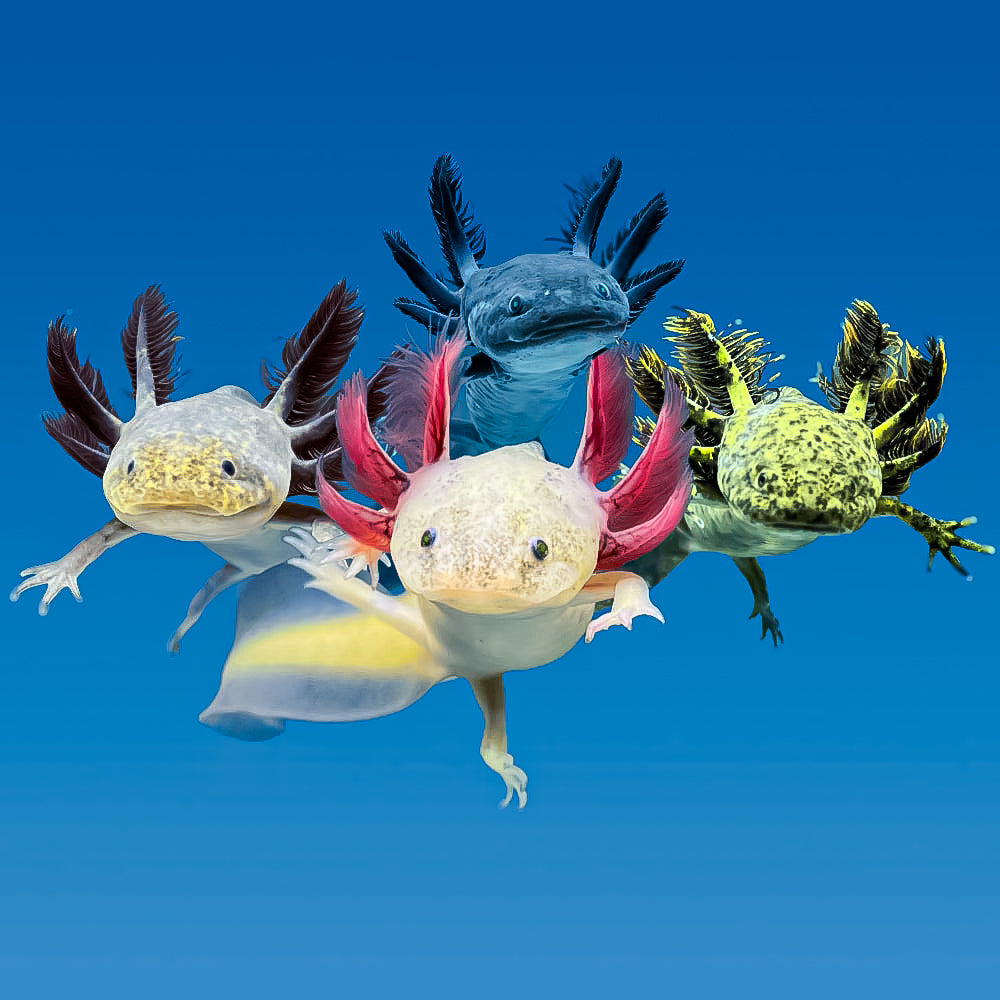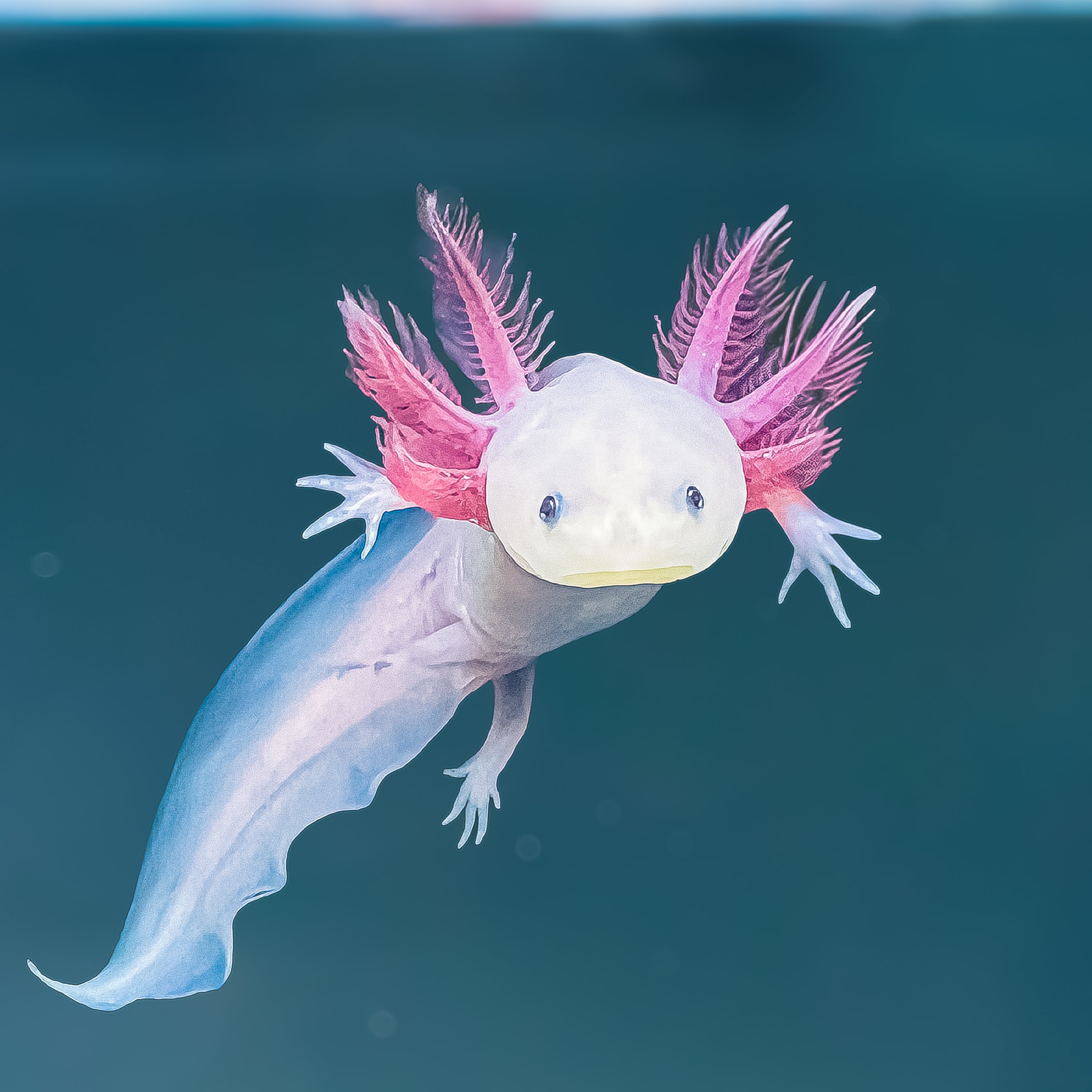What Do Axolotls Represent? Symbolism, Meaning & Spiritual Significance
Axolotls are more than just adorable amphibians — they’ve become powerful symbols of resilience, transformation, and regeneration. As their popularity grows across the internet and exotic pet world, many people wonder: what do axolotls represent?
In this article, we’ll dive into the symbolic meaning of axolotls, their spiritual significance across cultures, and why these fascinating creatures are inspiring a global following.
Quick Summary: What Do Axolotls Symbolize?
-
Resilience – Able to regenerate limbs and heal from trauma.
-
Transformation – Linked to personal growth and identity.
-
Mystery & Magic – Rooted in ancient Aztec mythology.
-
Hope & Positivity – Their permanent smile brings joy.
-
Endangered Beauty – A reminder of nature’s fragility.
1. Axolotls Represent Resilience and Healing
One of the most amazing facts about axolotls is their ability to regrow entire limbs, spinal cords, and even parts of their brain. This natural power makes them symbols of healing, perseverance, and recovery — not just physically, but emotionally and spiritually.
💡 Fun Fact: Scientists are studying axolotls to learn how humans might one day heal spinal injuries or regrow damaged tissues.
2. Axolotls Symbolize Transformation Without Change
Unlike other amphibians, axolotls don’t go through metamorphosis. They remain in their neotenic (juvenile) form for life — a biological phenomenon that’s rare and mysterious.
This makes them a symbol of:
-
Staying true to yourself
-
Retaining childlike wonder
-
Rejecting pressure to conform
3. Spiritual Symbolism: Aztec Mythology and the God Xolotl
In ancient Aztec culture, axolotls were sacred. They’re named after the god Xolotl, the twin of Quetzalcoatl, who transformed into an axolotl to escape death.
✨ Spiritual Meaning: Axolotls were seen as guardians of the underworld, guides for souls, and symbols of transformation and protection.
4. Axolotls Represent Positivity and Joy
With their quirky faces and gentle movements, axolotls project an aura of calm and happiness. Many fans believe axolotls carry an emotional frequency of peace — making them popular emotional support animals and viral social media stars.
🧠 Psychology Tip: Just looking at an axolotl can trigger dopamine, improving mood and reducing anxiety.
5. Axolotls Remind Us of Nature’s Fragility
As critically endangered in the wild, axolotls also represent environmental awareness and conservation. They live only in the ancient lake system of Xochimilco, near Mexico City — a habitat now threatened by pollution and urbanization.
This makes them a living metaphor for:
-
Fragile ecosystems
-
Urgent conservation
-
The impact of human action on biodiversity
Why Do People Connect With Axolotl Symbolism?
Axolotls are relatable in a world that often feels fast-paced and overwhelming. Their symbolism reflects traits many people aspire to:
-
Staying playful in adulthood
-
Healing from trauma
-
Being different — and proud of it
-
Balancing vulnerability with strength
Closing Thoughts: The Axolotl Meaning in Modern Times
From TikTok to tattoos, the axolotl has become an icon of everything from mental health to mysticism. Whether you keep one as a pet or simply admire their rare qualities, the meaning of the axolotl continues to evolve — just like the world it swims in.
Explore More From Axolotl Planet
🔹 Axolotl Morphs Explained
🔹 Do Axolotls Like Light?
🔹 How to Buy An Axolotl - A Comprehensive Guide





Leave a comment
This site is protected by hCaptcha and the hCaptcha Privacy Policy and Terms of Service apply.